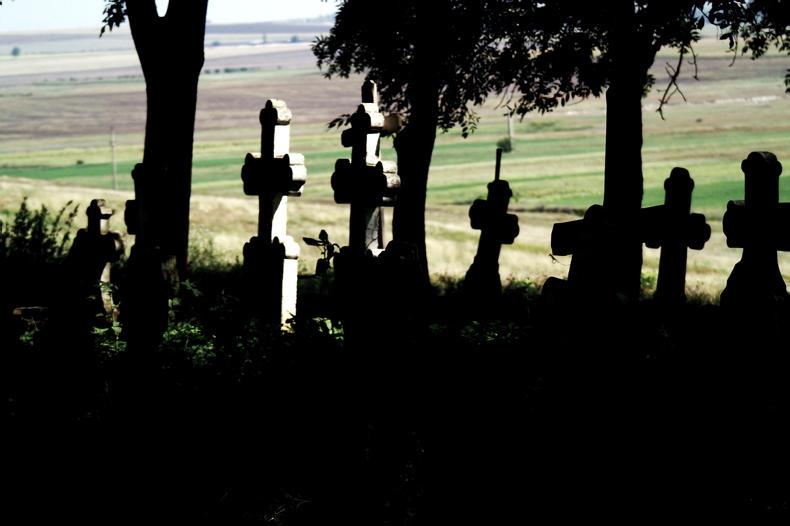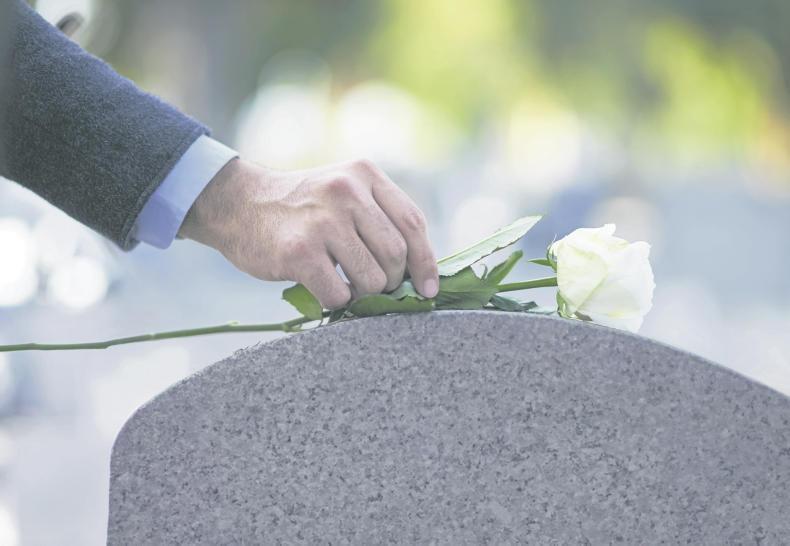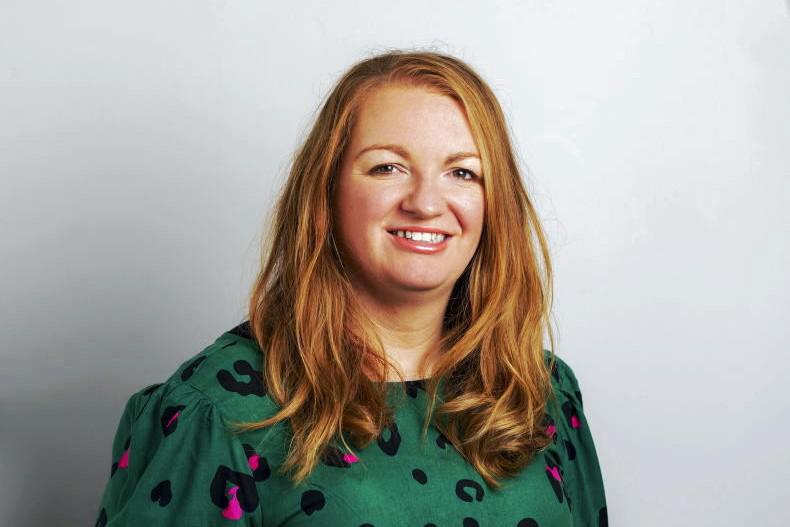As November is the Month of the Holy Souls, the topic of funeral prices often comes up. However, this year it is even more timely with the recent news that the Dublin Diocese is increasing its funeral offerings from €260 to €400. This was done in two stages, with an increase to €320 earlier this year, and as of January 2020, the amount of €400 will apply. What’s more is the fact that for many years, this amount was a contribution. It will now become a standardised fee that is paid through the funeral directors by electronic transfer to the church.
Dublin church fees rise
A representative of the Dublin Diocese told Irish Country Living that “our parishes provide considerable support in times of grief and bereavement, offering spiritual, pastoral and practical help”.
The fee of €400 covers the use of the church and its facilities, to have the priest come to the house when the person dies, perform the funeral, go to the graveyard afterward and pay the sacristans who assist the priest in the service.
The breakdown of the fee includes €100 to the common fund; €100 for the priest who performs the funeral and €200 to the parish, including payment to sacristans.
Priests and members of parish finance committees in Dublin have been suggesting a review of the offering parishes receive for funerals for some time. We understand that the increase is influenced by two factors.
First there are less people going to mass, which means less people putting money in the basket so there is less income coming into the church but people still want the same level of service when their loved one passes away and so the deficit has had to be made up.
Secondly, if you compare costs, it is somewhat in line with non-religious ceremonies.
So for, example, if you were to hire a non-religious celebrant, a guideline price of €250 applies. You may then pay venue costs on top of that which would be at least €150.
Rural areas
In more rural areas of the country, however, it doesn’t appear that this type of standardised fee will be commonplace in the near future nor will the amount be anywhere close to the €400 in Dublin. Speaking to a parish priest in Mayo, he outlined that in his area, the money was still very much a donation and ranged from €100 to €150.
This is not expected to change in the near future.
Mary Cunliffe, PRO of the Irish Association of Funeral Directors, says this opinion was also reflected at their AGM last weekend.
There are less people going to mass, which means less people putting money in the basket so there is less income coming into the church but people still want the same level of service when their loved one passes away
“Although this church fee will be coming into effect in the Dublin Diocese in January 2020, there was no word that other dioceses would follow suit. Outside of Dublin, it will still be seen as a church donation or gratuity.
In fact, in more rural areas, people often still prefer to pay the priests directly themselves and thank them personally for their help and guidance during the funeral and we don’t anticipate that changing.”
Funeral costs
The increase in fees is just part of the expensive business that is funeral costs. The average cost of funerals is now about €5,000. This includes everything from funeral director fees (their professional services, embalming, the coffin and transport) as well as outlays to third parties such as the church, the florist, musicians for the ceremony and announcements on www.rip.ie or in local newspapers.
What that €5,000 doesn’t include is the price of the plot. Depending on what part of the country you are living, this amount varies widely. In Donegal or more rural parts of Cavan for example, prices are in the region of €200.
However, the closer you come to the nation’s cities, expect prices to rise. In Galway, prices range from €500 to €700 while in Kildare, a plot for €1,100 would be expected. Not surprisingly, Dublin city centre is the most expensive place in the country to be buried with plots in Glasnevin cemetery ranging from €2,100 to €4,000. And if you aspire to finally rest near some of our nation’s famous names like Eamonn de Valera, it could cost in the region of €30,000.

Although that is the extreme example, the fact remains that a plot in Dublin can be 10 times the amount of that in Donegal and as a result, more and more people are opting for cremation. Of course, that is a personal decision for many, but given the fact that more than 50% of Dublin services now involve a cremation compared to 15% in more rural areas of the country, there is a strong argument that money is also a key factor in that decision.
Cremation costs
Cremation can be a cheaper option than burial but it’s still not necessarily cheap. In the Lakelands of Cavan for example, you’re looking at €660, which includes the cremation, use of the room and the celebrant.
In the Island Crematorium in Cork, it’s €745 and in Mount Jerome in Dublin, the cremation itself plus a standard urn is €660 but you are adding the celebrant to that which can vary from €100 (priest) to €250 (celebrant). And if you are doing the entire service in the crematorium and not including a church beforehand, that is €1,100.
A lot of the crematoriums also have extra charges for Saturday services or Bank holidays which varies from €150 to €300. If a member of your family has requested a cremation and you unfortunately find yourself making that call in the future, be sure to ask what is included in the package as different crematoriums include different items in the bill. For example, while the Lakelands in Cavan includes the cost of the celebrant, this is an extra in Mount Jerome.
Have the conversation
While the topic of funerals is something that some people just don’t want to discuss, it is an important conversation to have. You may have money put aside for your funeral, but it’s not going to be of much use unless people know where that money is.
For example, do you have a Credit Union account? If so, you could already have Death Benefit Insurance in place.
If you are a customer of certain Credit Unions, are over 16, joined before your 70th birthday and have kept a minimum share balance of €25 in your account, their Credit Union will pay out €1,300 towards your funeral expenses, and double that if your death is accidental.
Also, inform your family or solicitor of any life insurance you have in place, savings or any employment benefits such as death in service.
So as uncomfortable as you may feel, make a will (costs €150 to €250) and have the conversation.











SHARING OPTIONS